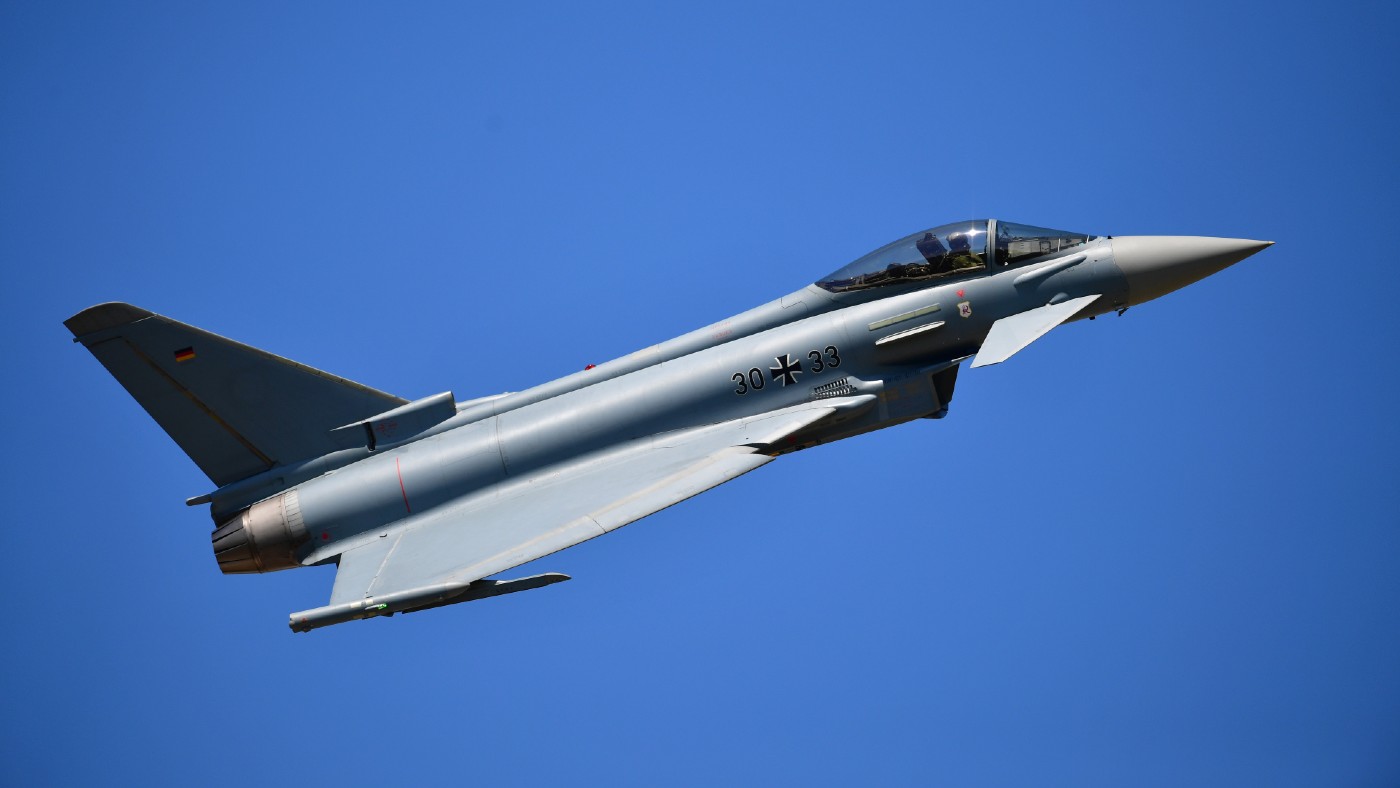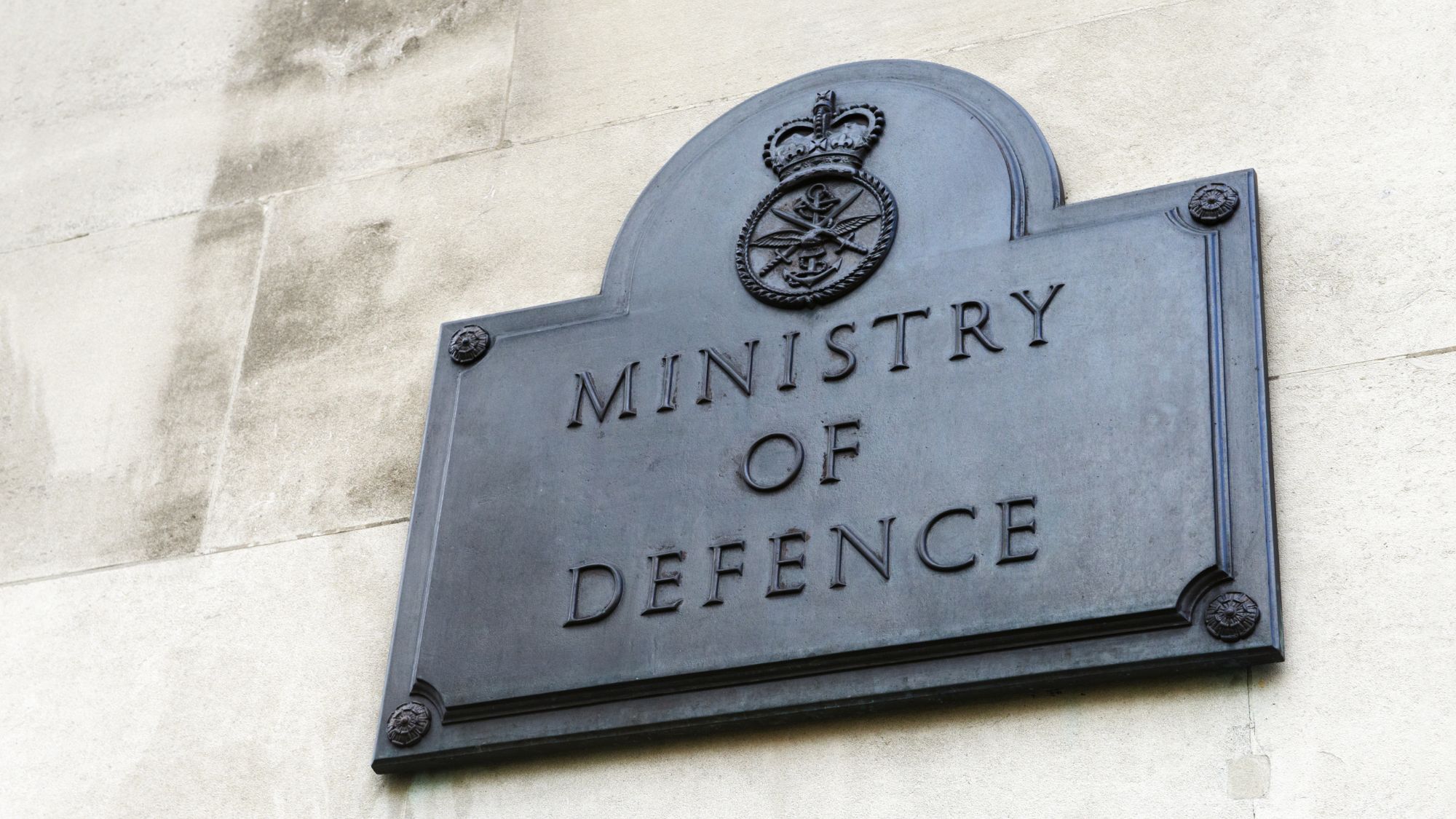The US takeover of UK defence
Sell-off of key defence assets is hardly conducive to an independent foreign policy

A free daily email with the biggest news stories of the day – and the best features from TheWeek.com
You are now subscribed
Your newsletter sign-up was successful
“Yet another British defence manufacturer has fallen to the American greenback,” said Maggie Pagano in the Daily Mail. The board of Ultra Electronics – a major supplier to the Royal Navy – has agreed to a £2.6bn takeover by rival Cobham, which is owned by the US private equity group Advent. This means around £10bn worth of Britain’s most high-tech defence equipment has been sold to the US in a matter of months. Among other things, Ultra “makes highly sensitive equipment” for Britain’s nuclear fleet, said Alan Tovey in The Daily Telegraph. No wonder Whitehall’s “defence heavyweights” are so agitated. Moreover, Advent’s record hardly instils confidence. When it bought Wimborne-based Cobham for £4bn 18 months ago, it pledged to be a “good custodian” of the company – yet it almost immediately sold “a string of its assets”.
“First Cobham, now Ultra Electronics and Meggitt still to come,” said Nils Pratley in The Guardian. “The sense of the UK’s defence industry being re-ordered and re-parcelled for the benefit of US private equity players and large US corporates is overwhelming.” The official line is that Business Secretary Kwasi Kwarteng is “closely” monitoring the deal. But there is little sign “of strategic thinking on the part of the UK Government” in this rush of US dealmaking, which raises a host of questions: “Does the Government think it is important to have a thriving UK-owned specialist defence industry or not? Is there any point at which it would try to slow the current US-led takeover spree?” And does it really want private equity selling off “bits of the UK defence industry to foreign buyers for a profit”, asked Alistair Osborne in The Times. If not, it better scupper the deal, or extract some “watertight” legal commitments.
“You can’t really blame Ultra’s board for acquiescing to a deal at a record price,” said Helen Thomas in the FT. But ministers should be “sceptical”. As analyst Nick Cunningham of Agency Partners points out, UK defence firms, including Ultra, “were called upon to produce bespoke technology at speed” for the conflicts in Afghanistan and Iraq. “Yes, the US is an ally. But it is proprietorial about US-based defence technologies.” One thing seems clear: fears that stronger government oversight would have a “chilling effect” on dealmaking were unfounded. “Political uncertainty is apparently no match for the cheaper valuations offered by the UK market.” Perhaps buyers have looked at a government and Business Secretary “whose instincts tend towards the laissez-faire … and concluded it’s business as usual”. If ever there was a case that should prove them wrong, it is Ultra.
The Week
Escape your echo chamber. Get the facts behind the news, plus analysis from multiple perspectives.

Sign up for The Week's Free Newsletters
From our morning news briefing to a weekly Good News Newsletter, get the best of The Week delivered directly to your inbox.
From our morning news briefing to a weekly Good News Newsletter, get the best of The Week delivered directly to your inbox.
A free daily email with the biggest news stories of the day – and the best features from TheWeek.com
-
 6 of the world’s most accessible destinations
6 of the world’s most accessible destinationsThe Week Recommends Experience all of Berlin, Singapore and Sydney
-
 How the FCC’s ‘equal time’ rule works
How the FCC’s ‘equal time’ rule worksIn the Spotlight The law is at the heart of the Colbert-CBS conflict
-
 What is the endgame in the DHS shutdown?
What is the endgame in the DHS shutdown?Today’s Big Question Democrats want to rein in ICE’s immigration crackdown
-
 Russia’s war games and the threat to Nato
Russia’s war games and the threat to NatoIn depth Incursion into Poland and Zapad 2025 exercises seen as a test for Europe
-
 Operation Rubific: the government's secret Afghan relocation scheme
Operation Rubific: the government's secret Afghan relocation schemeThe Explainer Massive data leak a 'national embarrassment' that has ended up costing taxpayer billions
-
 How drone warfare works
How drone warfare worksThe Explainer From Ukraine to Iran, it has become clear that unmanned aircraft are rapidly revolutionising modern warfare
-
 How the Israel-Iran conflict broke out
How the Israel-Iran conflict broke outThe Explainer Israel's strike on Iran's nuclear and missile programmes was years in the planning
-
 The state of Britain's Armed Forces
The state of Britain's Armed ForcesThe Explainer Geopolitical unrest and the unreliability of the Trump administration have led to a frantic re-evaluation of the UK's military capabilities
-
 Russia's spies: skulduggery in Great Yarmouth
Russia's spies: skulduggery in Great YarmouthIn the Spotlight 'Amateurish' spy ring in Norfolk seaside town exposes the decline of Russian intelligence
-
 British defence: the crisis in the Armed Forces
British defence: the crisis in the Armed ForcesTalking Point Depleted military power may not be able to meet its own commitment to up defence spending to 2.5%
-
 British Armed Forces personnel details 'hacked by China'
British Armed Forces personnel details 'hacked by China'Speed Read The Ministry of Defence became aware of the breach 'several days ago'